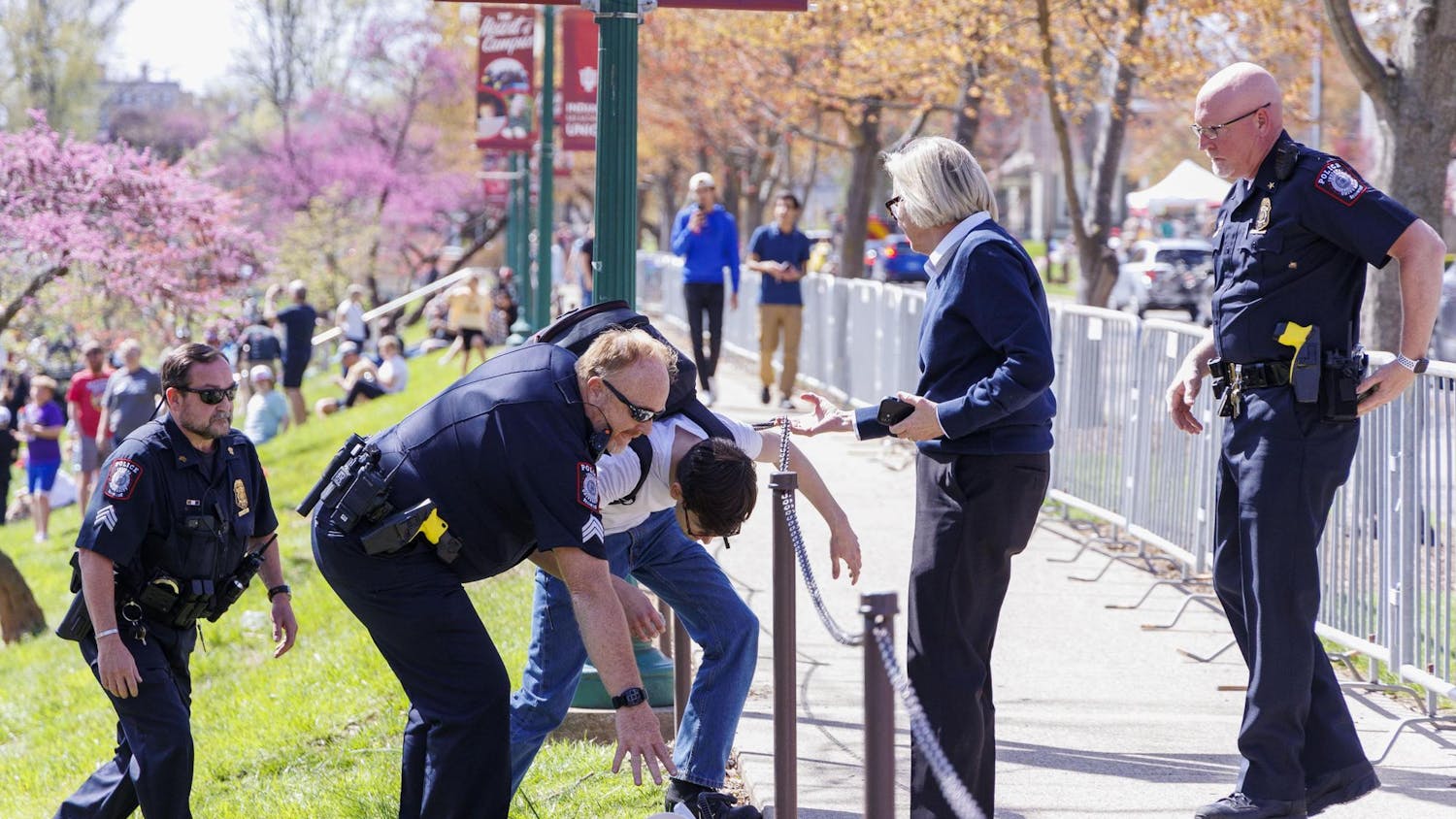The onset of Thanksgiving inevitably turns our thoughts to those less fortunate, and often, though we have the will to help, it is difficult to know how.
It’s both good and bad that there are so many existing programs and charities founded to help the poor, but simply giving to an established organization doesn’t necessarily mean you’re “helping” in the true sense of the word.
Hunger and poverty are difficult issues that the entire world struggles with, and a dollar given here might not mean as much as a dollar given somewhere else.
Just about everyone knows that simply giving money to panhandlers doesn’t solve anything. The problem is that many acts that supposedly substitute the simple giving of money are in essence the same thing.
When you give someone food instead of money, for example, oftentimes you’re simply freeing up money they would have had to spend on food anyway that can now be spent on drugs or alcohol.
Giving something to a person who would have bought it anyway is the same as just handing them money.
And if you’re really intent on solving the problem of poverty and homelessness, giveaways are at best a band-aid – at worst, an incentive to delay solving the problem.
Many of the chronically poor find themselves at the apex of a huge perversion of incentives. Two summers ago when the Indiana Daily Student did a front on local homelessness, what we found was that many of the people did better than we expected.
It was possible (easy, really) to make upwards of $60 a day asking people for money. That’s an effective wage of $7.50 an hour, above minimum wage, even before taxes, and a far superior working life. Minimum wage is currently $7.25 an hour, which means that getting a job for the currently unemployed is monetarily equivalent to paying 25 cents an hour to take out garbage and scrub dishes.
Besides that, you lose the access to free services you had before – you can no longer hang out in the Herman B Wells Library or get meals at soup kitchens.
When ordinary people get involved, they usually make it easier for panhandlers to avoid getting help. The only real help the layman can give is assistance to professionals, to organizations with established case-management programs that make participating a requirement to be given access to services.
Not only do case-management programs help establish long-term solutions for the poor, it also provides an effective screening against people who can work but simply don’t want to. Such a requirement is usually unpopular, because even the homeless believe they know what’s best for themselves and will dislike outsiders meddling with their lives.
But case management is simply the only way. Poverty and homelessness shouldn’t be things to be embarrassed about, but that doesn’t mean they should be provided too readily or easily to those who say they need them. If you take society’s help today, it’s your duty to learn to help yourself tomorrow.
What charity should cost
Get stories like this in your inbox
Subscribe





